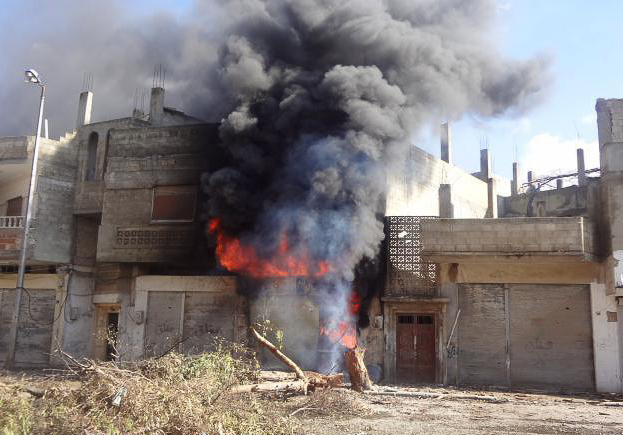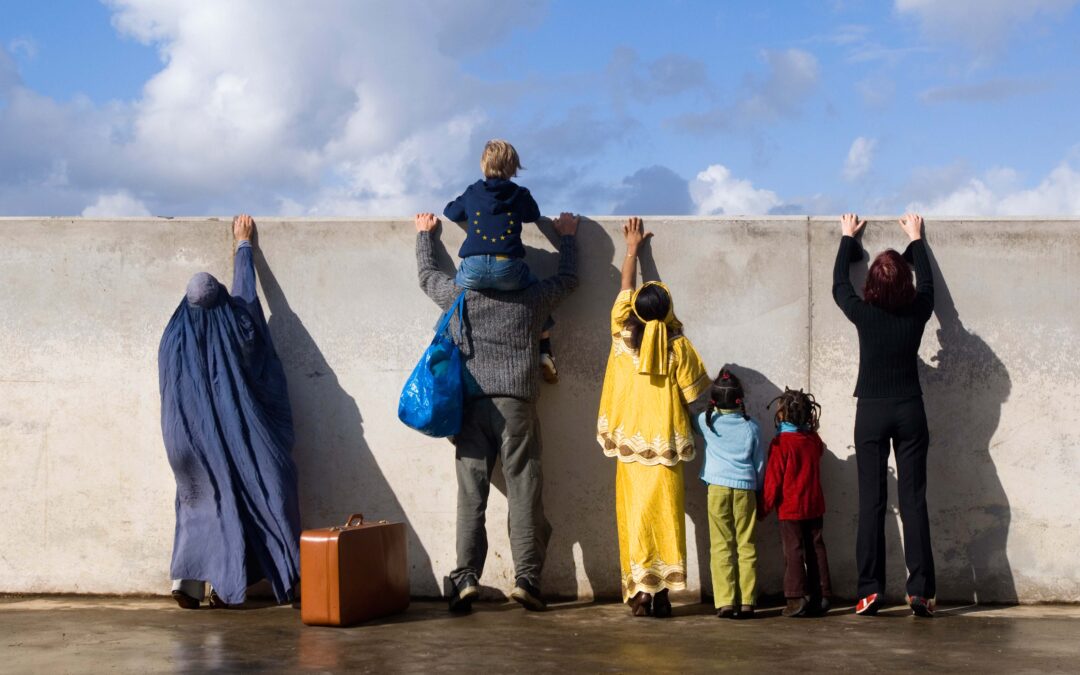
Jun 10, 2013 | Agendas, Events
On Friday 7 June 2013, the ICJ convened a parallel event during the Human Rights Council’s 23rd regular session held in Geneva.
The event, held in Room IX of the Palais des Nations, addressed key issues concerning past and present challenges to the rule of law in Zimbabwe in the context of the upcoming elections and the need for the international community to remain vigilant about the necessity for free, fair and peaceful elections in the country. The event was chaired by Martin Okumu-Masiga, Deputy Director of the ICJ’s Africa Regional Programme. Panelists were MacDonald Lewanika, Director of Crisis Coalition; Okay Machisa, Director of the Zimbabwe Human Rights Association; and Irene Petras, Executive Director of Zimbabwe Lawyers for Human Rights.
Zimbabwe is scheduled to hold general elections before the end of 2013. Past elections in the country have been marred by violence and attacks on human rights defenders and the rule of law more generally. In the period leading to the 2013 elections, there have been several incidents of crackdown on political dissents and independent voices. The impunity enjoyed by past and current perpetrators electoral violence has continued to exacerbate fears for the integrity, peaceful conduct and fairness of the upcoming elections.
Zimbabwe-HR Council side event on elections in Zimbabwe-event-2013 (event flyer in pdf)
ICJ draws attention to risks of violence in the forthcoming general elections in Zimbabwe

Jun 10, 2013
In a statement delivered today by UPR-Info, the ICJ joined 72 NGOs to draw the Human Rights Council’s attention to attacks on the integrity of UPR Working Group reports.
In a general debate under Item 6 (Universal Periodic Review), the statement drew attention to recent amendments to the draft UPR Working Group report on the Russian Federation in which recommendations were removed by the State under review for reasons of their being irrelevant. The statement emphasised that both accepted and noted recommendations should be included in Working Group reports, irrespective of the country making them or of the issues raised.
The statement was delivered during the Human Rights Council’s 23rd regular session (27 May to 14 June 2013).
HRC23-Item6GD-LegalSubmission-2013 (download full oral statement in PDF)

Jun 7, 2013
The ICJ today addressed the HR Council on the need to ensure that the Code of Conduct for the Special Procedures is never read so restrictively that it would frustrate the effective functioning of the Special Procedures.
In a general debate under Item 5 (human rights bodies and mechanisms), the ICJ articulated why urgent appeals are permitted in the case of the imminent enactment of legislation in respect of which there is a real risk that damage of a very grave nature would result.
The statement was delivered during the Human Rights Council’s 23rd regular session (27 May to 14 June 2013).
HRC23-OralStatementItem5-LegalSubmission-2013 (download full oral statement in PDF)

May 29, 2013
The ICJ today addressed the Human Rights Council during its urgent debate on the situation of human rights in the Syrian Arab Republic.
The ICJ again called for the Human Rights Council to request the UN Security Council to take effective measures at its disposal to end the ongoing conflict in Syria and to refer the situation to the International Criminal Court. Drawing attention to continued violence, gross violations of human rights and serious violations of international humanitarian law by government and anti-government forces, the ICJ reiterated its repeated calls for the international community to act and to address the humanitarian crisis.
The statement was delivered during an urgent debate on the situation in Syria held as part of the Human Rights Council’s 23rd regular session (27 May to 14 June 2013). The urgent debate concluded with the adoption of a resolution on the subject.
Syria-HRC23-UrgentDebate-OralStatement-LegalSubmission-2013 (download ICJ’s oral statement in full)
A_HRC_23_L1 (as revised and adopted) (download resolution)
Photo by Freedom House

May 28, 2013
The ICJ today addressed the Human Rights Council, and the Special Rapporteur on the human rights of migrants, concerning migrants’ rights at EU borders.
In an interactive dialogue with the Special Rapporteur on the human rights of migrants, Francois Crépeau, the ICJ commended the Special Rapporteur’s study concerning the external borders of the EU. It drew attention to gaps in the harmonized EU standards on the rights of persons in need of international protection; and the risk of proposed EU Regulations for Frontex sea operations to institutionalise pushback operations and to not be in line with the principle of non-refoulement. The ICJ asked the Special Rapporteur to consider whether, by divesting responsibilities to non-EU member States, EU policies can constitute a form of complicity in human rights violations.
The statement was delivered under Item 3 (promotion and protection of all human rights) of the agenda of the Human Rights Council’s 23rd regular session (27 May to 14 June 2013).
Europe-HRC23-OralStatementMigrants-LegalSubmission-2013 (download full statement in PDF)
Photo by EU Commission









